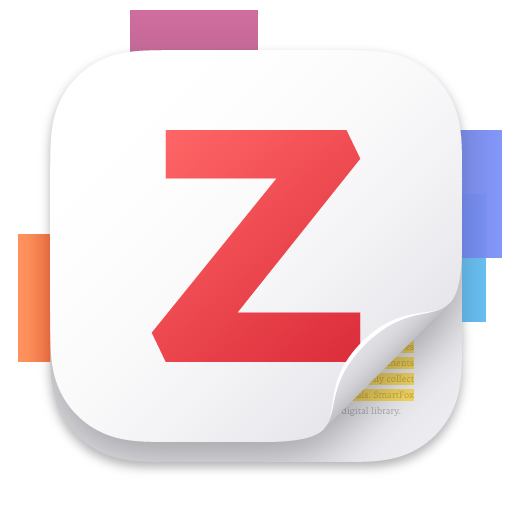Sejarah Perkembangan Penafsiran Al-Qur’an dan Beragam Metode yang Digunakan dalam Memahami Maknanya
Abstract
Normatively, the Qur'an is believed to hold absolute truth; however, the truth produced through Qur'anic interpretation is relative and tentative. Interpretation is the response of the interpreter when engaging with the sacred text, influenced by their social context and problems they encounter. Therefore, no interpretation is entirely objective, as understanding a text, including the Qur'an, is significantly shaped by the interpreter's historical, academic, cultural background, and underlying assumptions. Thus, the study of the history of Qur'anic interpretation is particularly compelling for those who wish to deeply understand the Qur'an. It is unsurprising, then, that within the Muslim community, interpretive works continue to emerge, filled with diverse methods and approaches in response to the challenges and changes of the times. In this article, the author attempts to describe the history of Qur'anic interpretation through discussions on the revelation history of the Qur'an, as well as interpretive methods involving narrative traditions, reason, and spiritual reflection










